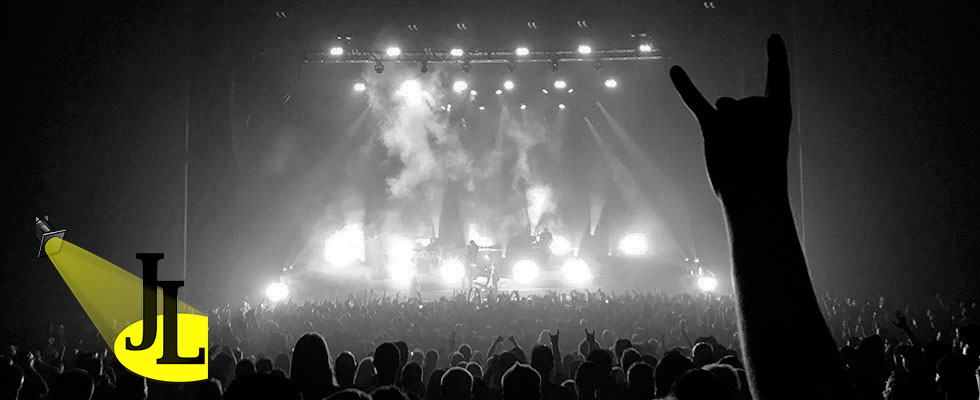The Balanced Scorecard is a strategic instrument that organizations use to analyze the core components of their operational efficiency and how they relate to the bottom line. Fundamentally, Scorecards tackle four elements of business operations.
- Finance
- Internal Processes
- Customer
- Learning and Growth
Inexperienced managers primarily focus on the finance aspect of the business. They look for ways to reduce the bottom line and increase profitability. More often than not, they do their financial analysis with blinders on in regards to the other Key Performance Indicators (KPI’s) of the business. A problem that will likely lead to short-term gains at the sacrifice of long-term success.
This long-term detriment arises because of the interrelated nature of various aspects of your business. For instance, you could push workers to produce more widgets and in the short-term, they will likely meet your demands. However, if your internal processes are not analyzed for operational constraints. You will reach a point where no matter how hard you push your team. They will not be able to produce another unit. The same can be said for learning and growth. If your employees are not being adequately trained in the latest widget making technology, your business will eventually hit a point at which your staff is unable to properly produce the widgets of tomorrow. Finally, if you ignore your customer complaints to focus on lowering costs. Eventually, you won’t have any customers to service.
The thing to keep in mind is that balance is vital to any long-term business success. The venue booking world is no different.

When you run a venue, your success depends on creating constant and increasing successful shows over time. This is how you cover operating expenses, maintain a competitive advantage, and (most importantly) pay-down long-term capital costs such as real estate and equipment. When these investments are paid off, exponential returns set in. This is why managers need to keep the present in check while also crafting a path to support continued long-term success.
One of the best ways to do this is to operate the venue from a balanced scorecard approach with KPI’s focused on the live entertainment ecosystem. Here are some examples to consider.
Finance – This is the primary focus of most venue leadership. Understanding the total cost of the act, production, and support staff versus your returns on ticketing and ancillary income such as food and beverage, merchandising, and sponsorships are important. In addition to the operational fees associated with the event, you need to understand your ticket scaling and market demand (price point) for your shows as well as the elasticity of demand in relation to tickets sales versus ancillary income sales. E.g. if you drop ticket prices by “x” amount you raise drink sales by “y.”
Far too often, management simply looks at the cost of the band versus ticket sales not realizing their venue could likely support a grander marquee name and see better returns thanks to the power of price elasticity. In addition, short-sighted managers may work to cut corners in regards to act hospitality to better their ROI, which brings me to my next KPI.
Act Relations – Price elasticity and ancillary income are directly correlated to the quality of the act you bring in. If the band rocks, your customers want to drink more. Their fans want to buy merchandise and with consistent quality acts. You will attract sponsors with deeper pockets.
So, what happens if you treat acts like… well… crap? Security treats them like thieves. The Box Office fights with them over comps. Marketing drops the ball on their upcoming performance. You put them up at one-star hotels or leadership doesn’t even bother to come to their shows and say hi and thank you!
Over the short-term, there will be little impact. However, over the long-term. Things will change. Word will spread in the touring community about your lack of hospitality and soon your options for higher-quality acts that can sell more tickets and (more importantly) more ancillary items will dwindle as well.
Venue Character – Your venue should have both an identity and functionality for all involved. A proper stage with modern sound and lighting will appeal to better entertainers and draw experienced production professionals. These elements alone will feed off of each other and elevate your programming. But don’t stop there. Make your venue into the place that acts, managers, bartenders, servers, chefs, box office peeps, and support staff are proud of. For instance, it is reported The House of Blues welds a box of Delta Mississippi mud under each of their stages to give their clubs that “special” blues-spirit. What a cool story to tell your family during Thanksgiving when they ask about your new job.
When you create that type of character, your employees will be proud of what they do and it will show in their work. More important, they will talk about that cool environment to acquaintances and through the power of word-and-mouth, you will create an organic pull marketing campaign for both customers and employees that will stand the test of time.
Fans – Venues survive thanks to the fans. They buy the tickets, the drinks, the food, the merch, and are whom the sponsors want to get in front of. The customer experience is paramount to a venue’s success and no Balanced Scorecard would be complete without a “customer” element.
One of the benefits of the venue customer is the power of “group think” in the live event environment. I have discussed this phenomenon numerous times. To recap, typically in a group environment individual decisions morph into the collective mindset of the pack. E.g. if a venue is hopping. More people want to join in. If four people around you purchase a beer – suddenly you will want a beer.
This benefit can also be a detriment. Piss off too many of a group’s fans through overzealous security procedures, exorbitant ticket prices, dirty bathrooms, poor parking – the list goes on. And quickly things can turn for the worst. In a world of Yelp and Google reviews, you must actively listen to your fans and work to rectify problems that are proving commonplace. I would suggest that you work to “wow” the fan experience. As this would create a pull marketing strategy with the band. E.g the fans could force them to play your club. This can give you negotiating power and possibly get them in the door at a better rate than your competitors are offering.
In conclusion. I am a generation X’er, so I grew up when the organizational mindset was still rooted in the industrial concept of using employees like cogs and disposing of them at will. Luckily, this has changed and thanks to the Internet and social media customers and employees have a very powerful collective voice. It has become so powerful that nearly all major organizations have some sort of Corporate Social Responsibility (CSR) division, leader, or manager.
Unfortunately, I still see concert venues rooted in the old-school concept of using-up entertainers and spitting them out. They remain focused on short-term profits at the cost of long-term opportunities. I am not saying that you need to go into the red for every show. Nor, am I saying that you need to overspend on production or talent fees. What I am saying is that you need to recognize the ecosystem of your operations and how establishing balance among these unique KPI’s could lead to lower costs and better profitability for years to come.




